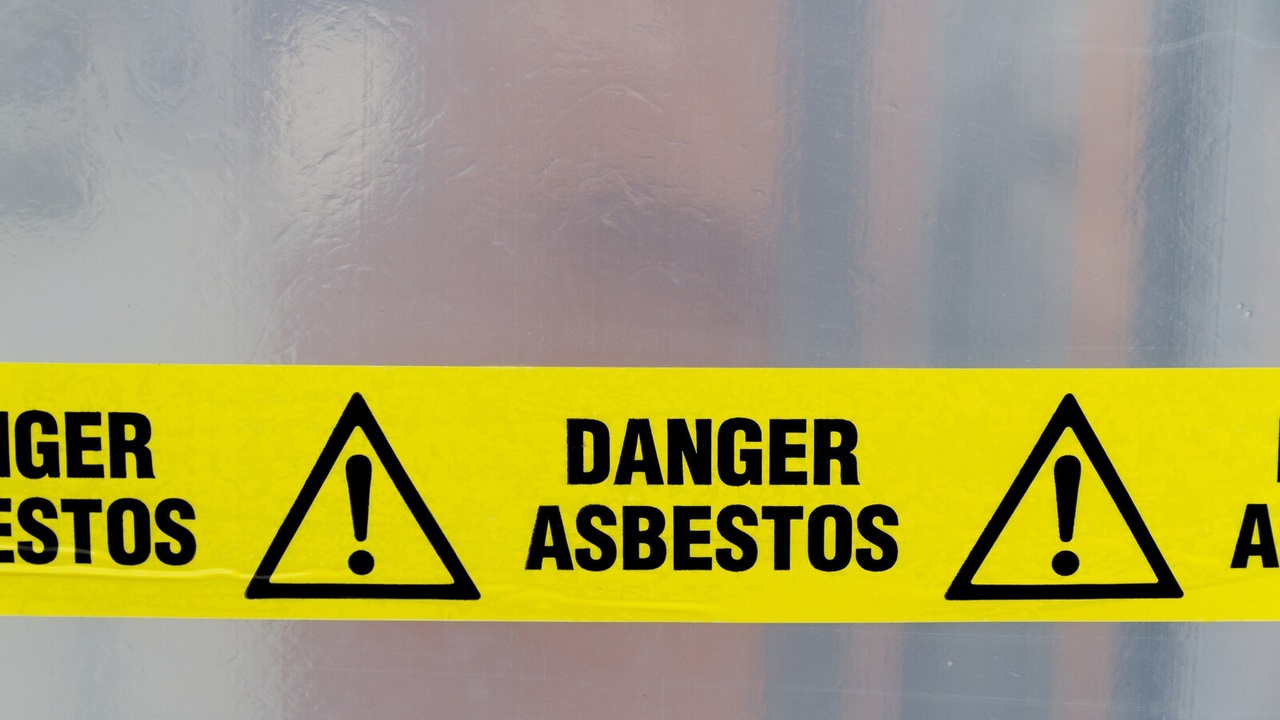Articles
Strobel v. Johnson & Johnson: Got a Hearsay Problem? Don't Give Up ...

Beyond knowing the mechanics of the rules of evidence, effective advocates use the rules as weapons of persuasion. And like any legal doctrine, spotting the key issue is essential—even if it's not the most obvious. There's reference to an out-of-court statement? Many lawyers jump straight to a hearsay analysis. But with hearsay having so many exceptions, the most obvious objection may not be the most effective. What about relevance? What about foundation?
Equally important is the ability to ad...
Ten Rules for Depositions: Must-Know Evidence Rules for Effective Examinations

“If you don't know where you are going, you'll end up someplace else.” - Yogi Berra
When it comes to effective depositions, the examining attorney must master a handful of skills to ensure he or she is discovering new and necessary facts, exhausting (and pinning down) the witness' memory, and succinctly capturing key admissions. Our online Depositions Skills Clinic takes a close look at these issues and unpacks real-life examples of famous (and some infamous) depositions to illustrate what thes...
California Evidence Code Section 1237: Introducing Forgotten Memories Into Evidence

Suppose you had to prove (in litigation) where you were on a specific date. And suppose you had zero independent memory of where you were. There are a number of things you could do to jog your memory. You could look at your phone to see if there are any pictures from that date. You could look at old text messages, emails, or calendar entries to see if they provide some reminder of where you were on the date in question. Now let's suppose you found a cryptic text exchange with a friend that said ...
Evidence Code Section 721: The Sword and Shield (Mostly Sword) for Expert Witness Cross-Examination

"I know lots of people who say you're wrong!"
"Really? Like who?"
"Well, you know ... like ... lots of people."
The proverbial "they" as in, "You know what they say ..." Is among the laziest rejoinders in an argument. Instead of identifying problems of fact or logic, the person invents an imaginary consensus to suggest his or her opponent's position is nothing but a fringe outlier.
Certainly such a tactic has no place in the courtroom, right? After all, one of the main reasons to exclude...
This Land is Your Land ... Actually, this Land is My Land (Because My Dad Told Me)

When it comes to hearsay, one method of spotting objectionable hearsay is to consider whether the probability of the evidence being true (or not true) turns on the credibility of someone who cannot be cross-examined. As Justice John Marshall wrote in Queen v. Hepburn, 7 Cranch 290, 296 (1813), "[i]ts intrinsic weakness, its incompetency to satisfy the mind of the existence of fact, and the frauds which might be practiced under its cover, combine to support the rule that hearsay evidence is total...
Impeachment Evidence: Attacking Credibility And Proving Its Truth?

When it comes to impeachment—attacking the credibility of a witness—lawyers sometimes fail to consider whether the evidence is substantive or pure impeachment. It can lead to an exchange like the following:
Judge: Are you offering this evidence as pure impeachment or to establish its truth?
Lawyer: Yes.
Knowing whether impeachment evidence may also be substantive is important. Substantive evidence “is offered to establish the truth of a matter to be determined by the trier of fact.” Chiasson ...
O.J. Simpson and the Hearsay Rule

Many of us have vivid memories of the O.J. Simpson criminal trial. Judge Ito became a household name. Millions watched Simpson struggle to try on the famous gloves, and many of us remember where we were the moment the verdict was read. What is slightly less well known is the civil trial against Simpson—following his acquittal—for the wrongful deaths of Nicole Brown Simpson ("Nicole") and Ronald Goldman. The jury found Simpson liable, and ordered him to pay more than $25 million to the victims' f...
Applying Evidence Code Section 1271 to Certain Documents

A prior article examined the business records exception to the hearsay rule, and it specifically looked at the language and case treatment of Evidence Code section 1271. This post explores the application of Section 1271 to business records that are common in litigation: third party records, medical records, and investigation reports.
Third Party Records (e.g., Third Party Invoices): The elements of Section 1271 suggest that third party documents should never be admitted without a witness t...
Can An Expert Relay Hearsay Evidence To The Jury?

The California Supreme Court recently answered this question in People v. Sanchez, 63 Cal. 4th 665 (2016) as follows: No—not if the hearsay communicates case-specific facts. While an expert may assume the existence of case-specific facts to explain his or her opinion, the expert cannot relay such facts and treat them as true. Sanchez is important for trial lawyers because it restores the distinction between general background hearsay (which can be relayed to a jury) and case-specific hearsay (wh...
Examining Expert Witnesses in the Post-Sanchez Era

In People v. Sanchez, 63 Cal. 4th 665 (2016), the California Supreme Court decided that an expert witness cannot relay hearsay that communicates case-specific facts to the jury. This post examines how trial lawyers can and should examine expert witnesses in the post-Sanchez era.
As a starting point, practitioners should master familiarity with Evidence Code section 801. Section 801 sets forth the allowable limits on which expert witnesses may offer opinions as well as the allowable bases for o...
Understanding the Business Records Exception to the Hearsay Rule

A deep understanding of the business records exception to the hearsay rule is essential in all stages of litigation—not just trial. Depositions are fertile grounds for advocates familiar with the rules to skillfully probe a witness and establish (or, if opposing the record's admissibility, debunk) the preliminary facts to admit a business record (including the document's admission for pre-trial motions). Likewise, misunderstanding this hearsay exception can cause discouraging results; desired do...





